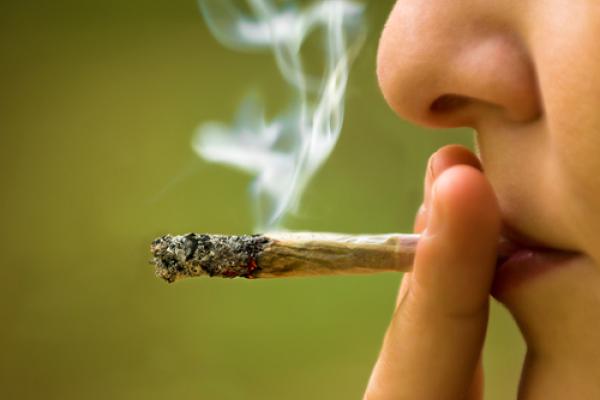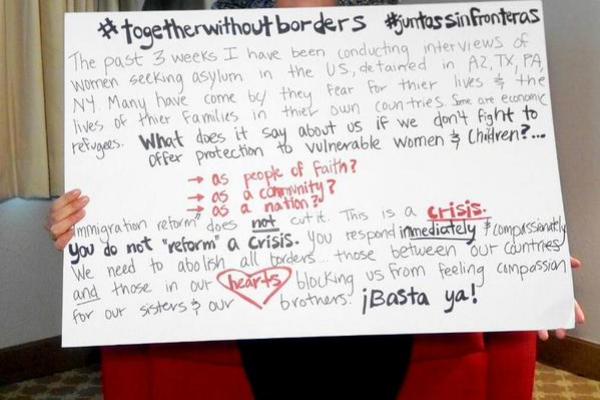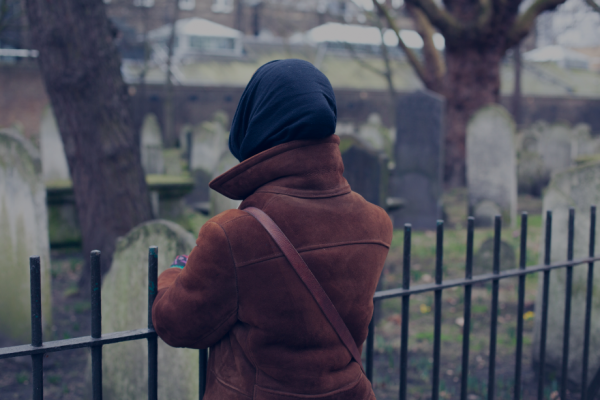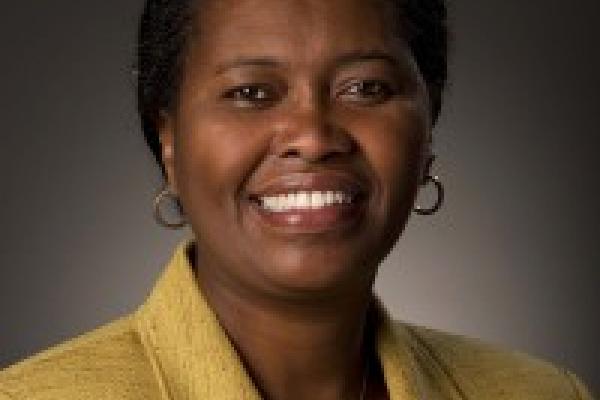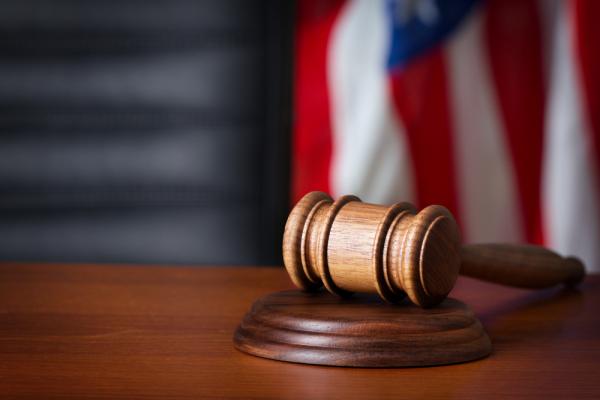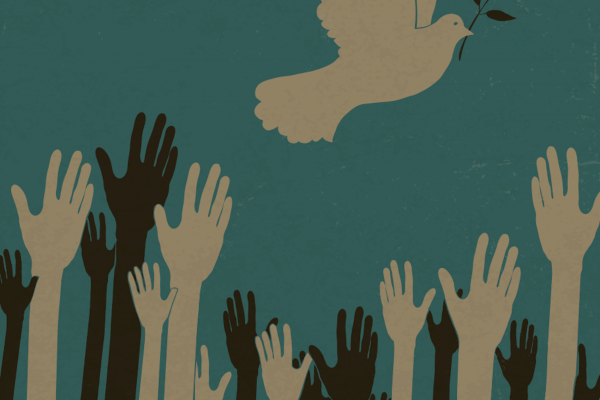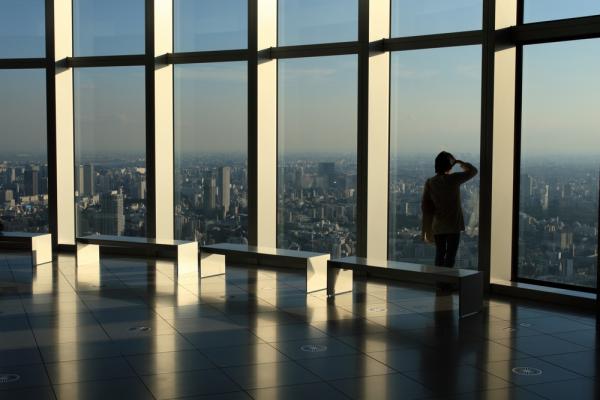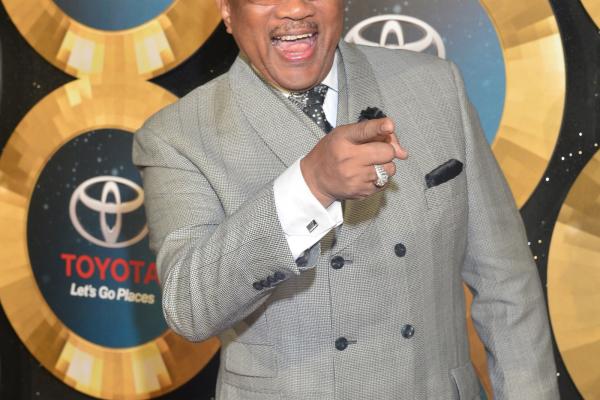The Oklahoma Bureau of Narcotics briefly used its official Facebook page on Aug. 26 to debate marijuana and the Bible. After two commenters posted references to the Bible in response to a story about the detrimental effects of marijuana on the brain, a bureau employee engaged them in a theological argument.
Joshua Lewelling, a medical marijuana legalization activist and retired Air Force veteran who lives in Inola, Okla., posted a reference to Genesis 1:29: “And I give you every seed-bearing plant to use for food for it is good.”
The response to Lewelling’s initial response rankled Lewelling because he believed the bureau was lecturing him about his own Christian faith.
Mormons teach, preach, and sing about families being together forever in heaven, but some members of the Utah-based faith want to exclude one group from that promise, at least on Earth.
Undocumented immigrants.
And, while the LDS Church supports immigration reform that keeps families together, its leaders have not pushed that idea in worship settings where Mormons are gathered. Nor has it called out those who disagree. In other words, The Church of Jesus Christ of Latter-day Saints has gone largely silent on the issue.
We have nurtured an enemy mentality that pits us against the world — even as we justify it by claiming to be a force for protection of the world. And the violence we export abroad is taking its toll on us. It’s been taking its toll on us for a long, long time — eroding our souls with every weapon made, let alone used, to destroy another child of God half a world away or right next door. How could a nation that spends more money than any other in the world on the military not be infected by a culture of violence? How can we spend billions on bombs and guns and drones and missiles while neglecting the necessary funds for education and housing and healthcare, and yet claim to respect life? How can our leaders instruct us to kill abroad and be surprised when we find no other way to handle our problems here at home? How can we demand respect for human dignity while we continually glorify violence that tears human beings apart? How can we respect life while waging death?
We live in a deadly world, and we keep making it deadlier. So we are afraid, and we cling to our guns, and when someone poisoned by the idolatry of violence fires one of those guns, fearful people cling ever more tightly to their guns. When our own government clings to its nuclear arsenal in the name of "deterrence," how can we expect anything less of citizens?
As long as we live in fear and glorify violence, we can’t be surprised that efforts for gun control go nowhere. Of course we need gun control, but we also need to control our addiction to the myth that peace can be waged through violence. I can’t think of any myth that has so thoroughly duped humanity as the satanic lie that peace can be bought from sacrifice — from murder and war. The notion of a war to end all wars, a permanent peace arising from the rubble of destruction and death, is so demonstrably false. The house divided against itself is our own world, and we cannot stand like this. Will we keep hurtling ourselves headfirst toward our own destruction, putting our faith in instruments of death?
Families living with sexual or domestic violence often find themselves in an isolated social dilemma. The church should be one easily accessible and less threatening place for such families to find help and referral. Statistics regarding prevalence in North America and around the world suggests that the likelihood of having several families within our faith communities living with domestic violence is very high. It is, therefore, important that persons training to become pastors or to serve in other church ministries be aware of both the prevalence of the issue in their congregations as well as the appropriate ways to respond to victimized individuals and families. It is also crucial that persons training to be in ministry have a sound theology that drives their responsiveness to sexual or domestic violence in families.
Two years ago I sat in a room crowded with 300 angry people and 700 more outside shouting, as I nervously whispered, “I’ve never been in a room where I’ve felt so much white Christian rage.” My colleague, a pastor from Pulaski, Tenn., nodded as I straightened up in my chair.
The crowd had come from surrounding states to this small community forum in Manchester, Tenn. They came to protest the forum’s concern for hate crimes against Muslims. National Islamophobic groups had bussed protestors in from hundreds of miles away, carrying messages and signs based on an ideology — some might say, theology — of bigotry. And they were truly angry, flashing their handguns and shouting down panelists. This was in the summer of 2013, but the memory still reminds me, why I moved to Tennessee to work on an interfaith public education effort to end anti-Muslim sentiment.
To be clear, these weren’t people who wanted to discuss the complexities of interfaith engagement while holding true to our particular faith claims. There are many people in this country who want to talk, for instance, about what interfaith relations mean for evangelism, or why a small number of Muslims today are turning to terrorism, without generalizing the Muslim community or wanting to see harm done to them. These were not the people at the forum, however. One thing alone had brought them to Manchester: fear.
A federal judge ordered Rowan County Clerk Kim Davis into the custody of federal marshals Sept. 3 until she is ready to resume issuing marriage licenses.
U.S. District Judge David Bunning said fines were not enough to force her to comply with a previous order to provide the paperwork to all couples. Bunning said allowing her to defy the order would create a “ripple effect.”
“Her good-faith belief is simply not a viable defense,” he said.
“Oaths mean things.”
Here are the politics of the Iran nuclear deal: Congress returns next week from its summer recess, and among the first orders of business will be taking up the Joint Comprehensive Plan of Action on Iran’s nuclear program, recently negotiated with Iran in Vienna by the five permanent members of the United Nations Security Council plus Germany.
Opponents of the agreement had hoped to use the August break to sway undecided members of Congress. It didn’t happen. Instead, yesterday, Sen. Barbara Mikulski of Maryland became the 34th senator to publicly support the accord— meaning there are enough votes to sustain a presidential veto of any bill intended to kill it.
Now, here is a faith perspective: For Christians, this is a victory for peace and diplomacy over another bloody and destructive war. It is a time when common sense wins over bombast — when reality wins over rhetoric.
Pope Francis on Sept. 2 told his followers to clamber down from their lofty skyscrapers, reclaim public spaces, and rejoin communities.
Speaking at his weekly public audience at the Vatican, the pope said it was up to families to rejuvenate cities.
There may be a lot of ways to spend one’s free time in a city, but love is missing, Francis said.
I knew this was going to be a great trip. I did not know it would afford me a chance to scratch off the top item on my bucket list.
But when the iconic gospel singer Bobby Jones met with the band of international journalists I am traveling with on a fellowship from the East-West Center, he mentioned the song “Oh Happy Day” was so popular among his fans in Russia, Italy and Japan that he can’t get offstage there without singing it.
In the fight over gay rights, conservative Christians have a new enemy. No, it isn’t a politician or activist or organization. It isn’t a noun at all, but rather a verb: normalize.
In Albert Mohler’s forthcoming book, “We Cannot Be Silent : Speaking Truth to a Culture Redefining Sex, Marriage, & the Very Meaning of Right & Wrong,” the president of the flagship Southern Baptist Theological Seminary in Louisville, Ky., discusses the normalization of same-sex relationships a whopping 39 times.
“The normalization of homosexual relationships and the legalization of same-sex marriage” is, in Mohler’s words, “the debate of greatest intensity of our time.”
